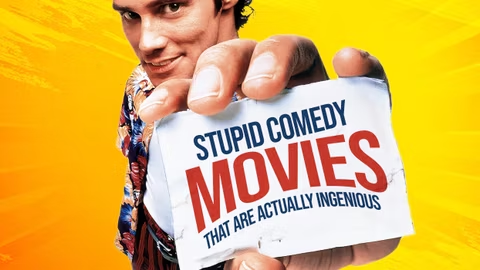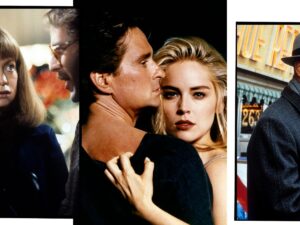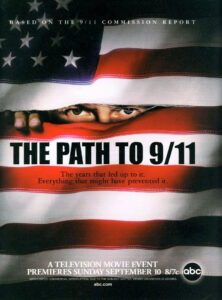
Comedy movies have long been a beloved genre in cinema, providing audiences with laughter, satire, and often a reflection of societal norms through humor. From slapstick to sophisticated wit, comedy films have evolved significantly over the years, adapting to changing tastes and cultural contexts.
Origins and Early Influences
Comedy in film can be traced back to the silent era, where pioneers like Charlie Chaplin, Buster Keaton, and Harold Lloyd mastered physical comedy and visual gags. These early films relied heavily on exaggerated movements and situational humor, often accompanied by live music to enhance comedic timing.
As cinema progressed into the sound era, comedy evolved to incorporate witty dialogue and wordplay. The screwball comedy genre emerged in the 1930s and 1940s, characterized by fast-paced, often chaotic plots centered around eccentric characters. Films like “Bringing Up Baby” (1938) and “His Girl Friday” (1940) became iconic examples of this style.
Golden Age and Modern Innovations
The mid-20th century saw the rise of comedy legends such as Charlie Chaplin, the Marx Brothers, and Laurel and Hardy, whose influence shaped the comedic landscape for generations to come. As the medium advanced, filmmakers experimented with genre-blending, combining comedy with elements of romance, adventure, and even science fiction.
In the latter half of the 20th century, comedy became increasingly diverse, with the emergence of satire and parody films. The 1970s and 1980s saw the rise of irreverent comedies like “Airplane!” (1980) and “This Is Spinal Tap” (1984), which pushed the boundaries of traditional humor with absurdity and social commentary.
Cultural Impact and Contemporary Trends
Comedy movies not only entertain but also serve as cultural mirrors, reflecting prevailing attitudes and social issues. The genre has expanded to include subgenres like romantic comedy (rom-coms), black comedy, and buddy comedies, each offering distinct comedic styles and narratives.
In recent years, comedy has embraced diversity and inclusivity, with films like “Bridesmaids” (2011) and “Crazy Rich Asians” (2018) bringing fresh perspectives and representation to the genre. The rise of streaming platforms has also democratized comedy, allowing independent filmmakers and diverse voices to reach global audiences.
Enduring Appeal and Future Directions
Despite evolving tastes and trends, the appeal of comedy movies remains universal. Laughter is a powerful form of escapism, offering relief from everyday stresses and fostering a sense of community through shared amusement. From classic slapstick to sophisticated satire, comedy continues to evolve, adapting to cultural shifts while retaining its timeless ability to provoke joy and introspection.
As filmmakers and audiences continue to explore new comedic territories, from hybrid genres to global perspectives, the future of comedy movies looks vibrant and promising. Whether through innovative storytelling or timeless humor, comedy movies will undoubtedly continue to entertain and inspire laughter for generations to come.





